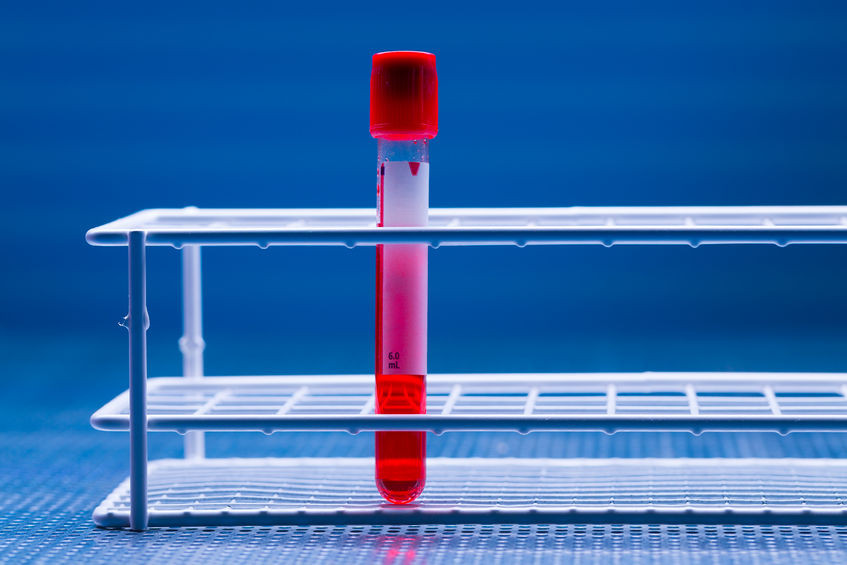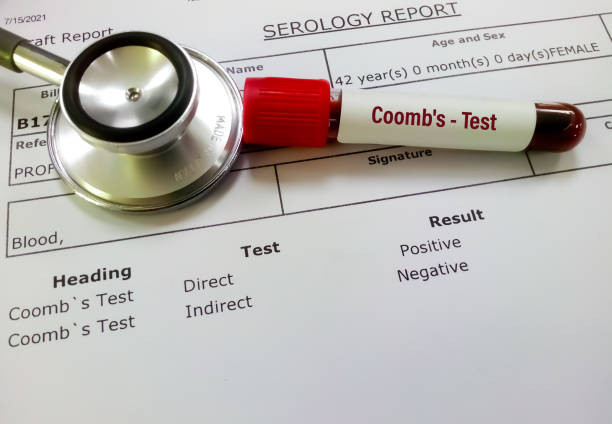Definition
A C3 complement blood test is done to measure the amounts of complement component 3, known as C3 proteins, which are a specific type of protein in your blood. C3 proteins are components of the complement system, an integral aspect of the immune system. This protein eliminates microbes that have the potential to cause illness.
At times, C3 could erroneously target non-threatening tissues. Autoimmune disorders result in the body mistakenly identifying its own tissues as foreign and harmful. The complement system reacts by producing antibodies to combat its own tissues. This is what happens to patients with autoimmune disorders.
This test evaluates the levels of complement C3 and assesses their relationship with other components of the complement system. Your healthcare professional can use this information to diagnose and monitor the treatment of specific disorders. Systemic lupus erythematosus (SLE) or better known as lupus, an autoimmune disorder, is a common cause of abnormal C3 levels.
We also have an article on lupus which you can read here: Systemic Lupus Erythematosus (SLE) - Definition, Risk Factors and Management.
Indication
Your doctor may recommend this test if they suspect you have lupus or another autoimmune disorder. If you get recurrent bacterial infections, you may also need to undergo the test. This test may be requested if you have:
- Persistent or repeated bacterial infections
- Inflammation or swelling
- Symptoms of an autoimmune condition, such as lupus
Your doctor may suggest a C3 complement blood test to evaluate specific conditions, such as:
- Immune complex-related disorders, such as glomerulonephritis (kidney disease) and vasculitis (blood vessels inflammation)
- The treatment for autoimmune disorders, whether it gives good results or not
The blood test results give your doctor insight into your immune system. Evaluating the levels of C3 proteins can help doctors in diagnosing infection, illness, immune deficiency, and autoimmune disorders. This test also helps doctor monitor treatment for patients with autoimmune diseases.
Contraindication
There are no individuals for whom it is advised against to check their serum C3 level; everyone is eligible to undergo blood tests for monitoring the levels of C3 in their bodies.
Preparations Prior to Test
The test can be conducted at a hospital, clinic, or laboratory. There is no need to prepare for this test. Ensure that your healthcare provider is aware of all medications, vitamins, supplements or herbs you are currently taking. This encompasses over-the-counter medications and any illicit substances you may consume.
No dietary or pharmaceutical restrictions are required for a C3 test. Consult your healthcare practitioner about the necessity of fasting or medication modifications if you are undergoing additional tests simultaneously.
Test Procedures
A healthcare professional will extract a blood sample from a vein, usually in your arm, using a tiny needle. Once the needle is placed, a little sample of blood will be drawn into a test tube. You may experience a slight stinging sensation when the needle is inserted or removed.
Normal and Abnormal Values
The values of C3 proteins could vary based on age, gender, and general health. There may also be slight variations in normal value ranges across various laboratories. The typical range is 75–80 to 175–178 milligrams per deciliter (mg/dl).
High values indicate results above the reference range, while low values indicate results below the reference range. Occasionally, elevated results on the lab report are denoted as "high" or "H". Low values can also be indicated as "low" or "L". Consult your doctor to know whether your test result is considered normal or abnormal.
Results and Suggestions (Follow-Up Tests)
Various factors can cause fluctuations in C3 protein levels, leading to either low or high levels. In autoimmune diseases like lupus, the C3 protein levels typically decrease in response. Low levels of C3 and C4 could also indicate the presence of alcoholic liver disease, however, this is uncommon.
Concurrently, C3 levels tend to increase significantly following an infection or injury. It might indicate that the immune system is responding to a recent infection. High levels of C3 proteins could also indicate the effectiveness of treatment for lupus or similar autoimmune diseases.
Consult to The Right Doctor
Test results can differ based on factors such as age, gender, medical history, or other factors such as the utilized laboratory. Consult your doctor or internist to interpret the implications of your test results.
Want to know more information about laboratory, radiology and other examination results? Click here!
- dr Hanifa Rahma
C3 Complement Blood Test. (2021). Retrieved 06 June 2023, from https://my.clevelandclinic.org/health/diagnostics/22138-c3-complement-blood-test
Complement C3 (Blood). (2023). Retrieved 06 June 2023, from https://www.urmc.rochester.edu/encyclopedia/content.aspx?contenttypeid=167&contentid=complement_c3_blood
What Is Complement C3 Test?. (2021). Retrieved 06 June 2023, from https://www.webmd.com/a-to-z-guides/what-is-complement-c3-test
Complement Componenet 3 (C3). (2023). Retrieved 06 June 2023, from https://www.mountsinai.org/health-library/tests/complement-component-3-c3
Complement Component 3 (C3). (2021). Retrieved 06 June 2023, from https://medlineplus.gov/ency/article/003539.htm
What is the C3 Complement Test?. (2022). Retrieved 06 June 2023, from https://www.verywellhealth.com/c3-complement-test-5104974












